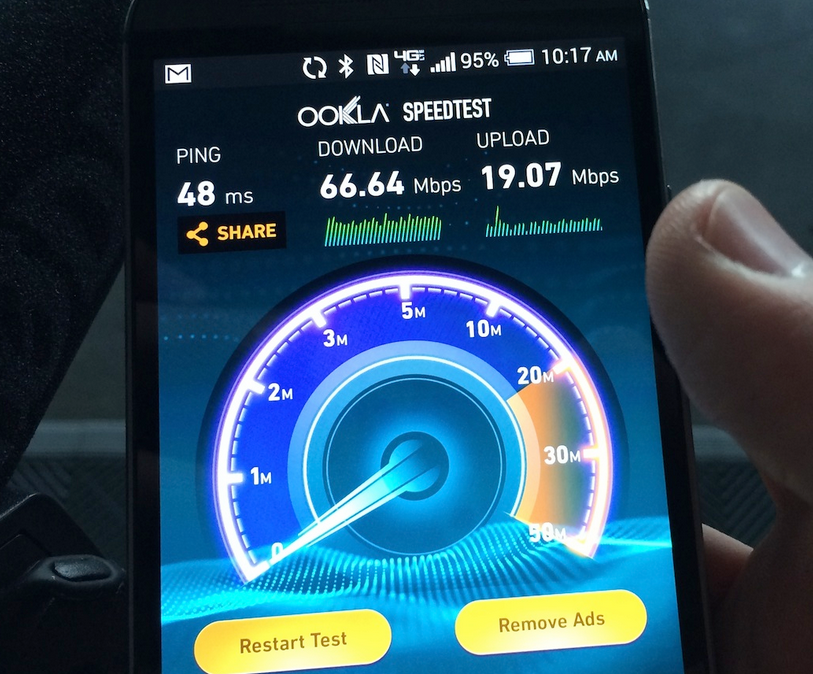latest

How EAS helps make the Google Pixel the fastest Android phone
The Google Pixel smartphones are among the fastest Android phones on the market. Energy Aware Scheduling (EAS) is partly why the phone is so smooth.
Far back in the past when Linux was just an idea in the mind of Linus Torvalds, CPUs were single-core entities which required an immense amount of energy for little power. The first ever commercially available processor, the Intel 4004, ran at a clock-rate of 740kHz on a single core. Back then, there was no need for a load scheduler. Load scheduling was reserved for the dual-core "behemoths" such as the IBM Power 4 which came out some decades after. These ran at a beastly 1.1GHz to 1.9GHz and required programs and the system to utilize these cores correctly. How did we get from these machines to software algorithms that make use of multiple cores? You may have heard of Energy Aware Scheduling (EAS) on our forums before. It's part of the reason why the Google Pixel smartphones perform so well. What's so great about EAS and how did we even get to this point? Before we can explain that, we need to talk about Linux load schedulers.

HTC 10 vs Galaxy S7 microSD Speed
Test the R/W speeds of your phone's microSD card reader See transfer speeds within your phone, PC transfer speeds, app launch speeds and game FPS speeds.
So here is something that a lot of people usually don't think about when it comes to the performance of their phone. How fast is the microSD slot? We put two of this year's biggest phones to the test to see what we would find.

The Need for Better Internet on Our Phones
Read about the consequences of the greed of american carriers, and how they bring down the service and technology of all americans.
Mobile internet is an essential part of smartphones nowadays… well, for 75% of us. Despite living in a place where my fastest network reaches 5 megabit download speeds, on very intermittent 3G, it certainly is an essential part for my usage, to the point where even with my third-world network, I simply cannot fathom how there’s still a fourth of users who aren’t on data plans. It’d be interesting to see if that subset of smartphone users shares a large chunk with the subset of budget or low-range smartphones, which admittedly see little gain from having data plans - particularly in third world countries with slow 2G and 3G networks. But with apps such as Whatsapp dominating the Latin American markets (my experience here closely reflects this statement), a lot of budget users still have data plans, even the 20 MB data capped package plans (yes, that’s a thing here) are widely adopted by the poorest of smartphone users.


